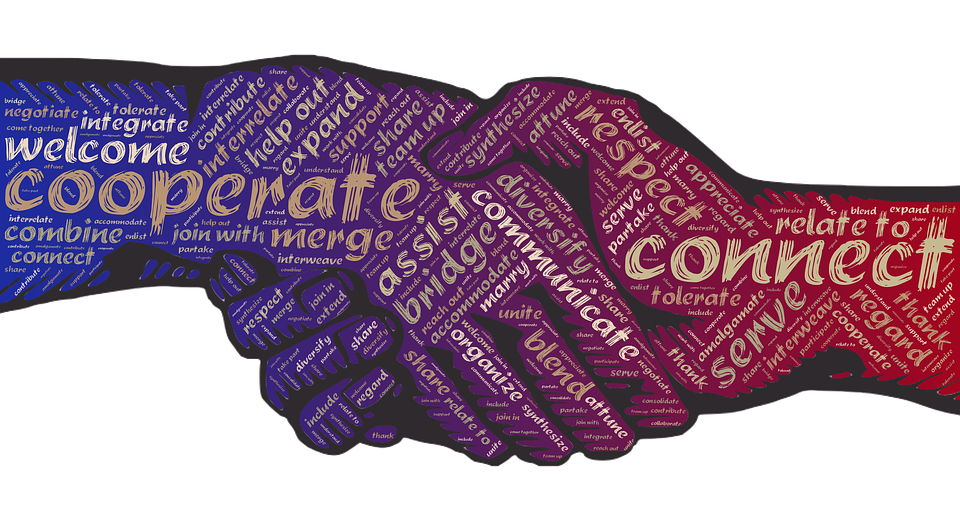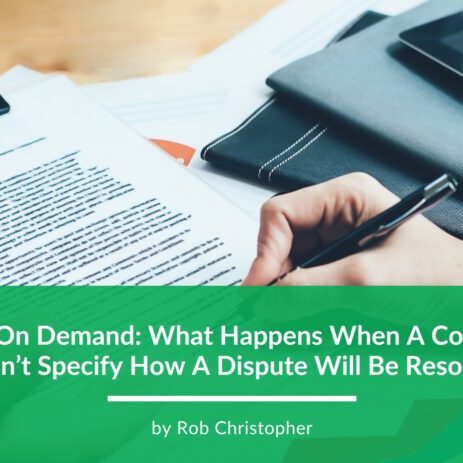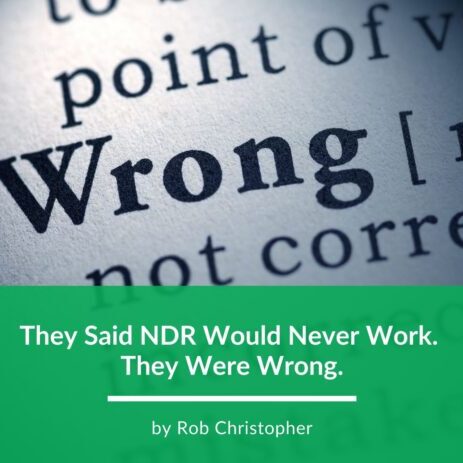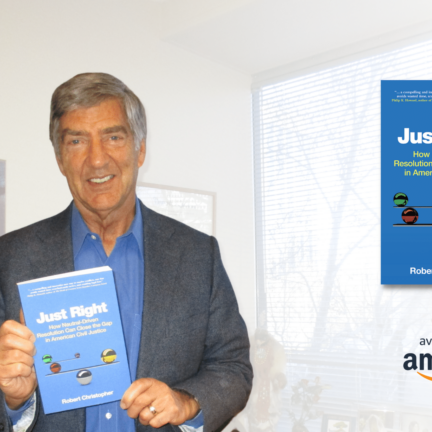The 5 Must Haves When Choosing a Dispute Resolution Service

After interviewing many business owners to find out what their top considerations are in choosing a dispute resolution service, I’ve compiled a list of the 5 most common considerations from all of the responses.
Neutrality
Whether you are using an arbitrator, a mediator, an arbiter, or a private judge, make sure the neutral is neutral. I heard this cautionary note time and time again. Make sure if you are going to use the court appointed mediator, that he (or she) really is non-biased and neutral. Make sure that there is no conflict of interest between the neutral and any of the parties to the dispute. Make sure that the neutral has no previous work experience with or for any of the parties; or if there is a past relationship of any kind that it is made known to all parties prior to the selection of that neutral. Make sure the neutral is non-biased as to the subject matter of the dispute. Although this last consideration may belong in the expertise category below, it seems to crop up in the context of neutrality the most. For example, if the person being considered as the neutral was an employment litigator and always represented corporations as the employer, employees in a dispute might not consider that candidate to be neutral as a decision maker in an employer/employee dispute. Making sure the neutral is neutral was the most common and important consideration in choosing a dispute resolution service.
Binding Decision
Another important consideration when choosing a dispute resolution service is to confirm whether the decision or agreement reached is binding. Can it be legally upheld and enforced? Some early neutral evaluation and other alternative processes are advisory in nature. With an advisory process, the parties can get an idea of what a decision might be but it isn’t enforceable. We find that the advisory opinion is popular in the construction area but less so in many others, except for some employee/employer disputes. Some business owners were emphatic in their feedback that they only wanted enforceable, binding decisions with whatever dispute resolution service and method they chose.
Bounded Scope
Business owners want the decision scope to be bounded in some way. Can the dispute be bounded to an issue or a couple of issues, or is it open-ended? The more that facts and information can be agreed upon and the scope of the dispute can be limited, the easier it is to come to a decision.
Expertise of the Neutral
The expertise of the neutral matters. Does the neutral have expertise in the area or subject matter of the dispute? How many years of experience do they have? Has the neutral resolved disputes in this same subject matter area. How many? Do they know the law in this area? How many cases similar to the one at issue have they actually settled or decided? What dispute resolution training do they have? All of these questions relating to expertise are important to answer before choosing a neutral decision maker no matter what type of dispute resolution service is chosen.
Cost
The biggest consideration regarding cost is whether the cost of the service is commensurate with what is at stake/what is being resolved. Without congruency, no one has the chance to get real justice. One of the points brought up in describing this concern was that arbitration often turns out to be just as expensive as litigation, and sometimes more expensive. Consequently, those people who look at using alternatives to litigation as a cost saving measure tend to be disappointed with arbitration.
These 5 factors were the most frequently mentioned considerations when choosing a dispute resolution method and service, but they aren’t the only factors to consider when making this decision. Be sure to come up with your own list of top factors and what is most important to you, as it may – and probably should – change depending on the dispute and what is at stake.
More to read
NDR on Demand: What Happens When a Contract Doesn’t Specify How a Dispute Will Be Resolved?
The best way to deter threats of litigation and minimize the costs, duration, and distractions of resolving any dispute is to put a dispute resolution clause specifying NDR — Neutral-Driven Resolution — in all your contracts BEFORE there is a problem. That means that if a dispute should arise between a business and a contractor,…
They Said NDR Would Never Work. They Were Wrong.
Many people are surprised by how effective NDR can be. Since publishing my book and speaking at events about NDR (Neutral-Driven Resolution), I’ve often been asked a simple question: Does it work? And if it really does lower the costs and the time it takes to settle common disputes, why doesn’t everybody know about…
“Morgan Hill author releases new book”
The Morgan Hill Times featured Rob’s new book in an article ahead of his “Meet the Author” night at Booksmart. “Legal disputes and conflicts cost businesses billions of dollars a year in lawyers’ fees, lost productivity, time and aggravation. A new book by Morgan Hill author Robert Christopher proposes an innovative, faster and simpler way…
Not All Disputes are Equal
Not all business and legal disputes are alike, and not all of them can be resolved in the same way. In writing my book Just Right: How Neutral-Driven Resolution Can Close the Gap in American Civil Justice, it was important to distinguish the types of common disputes for which NDR is most suitable. As readers…



